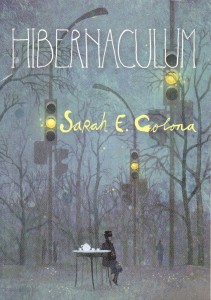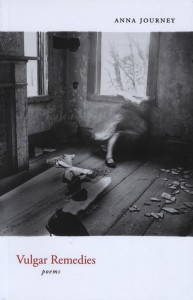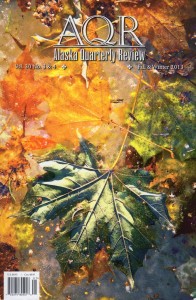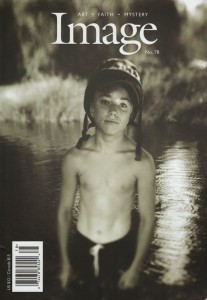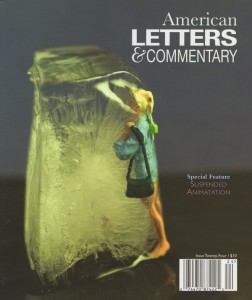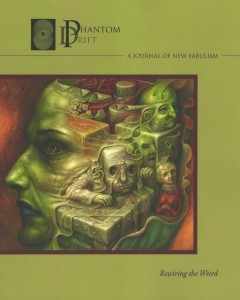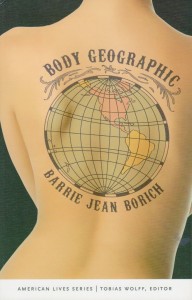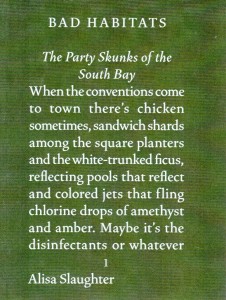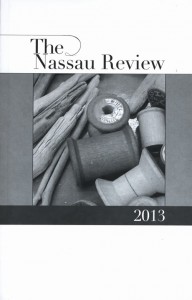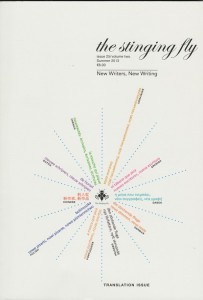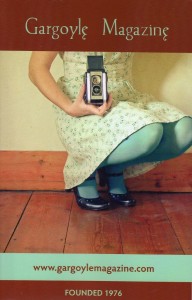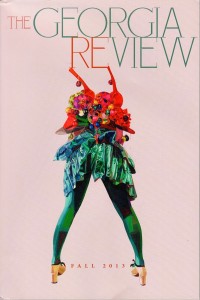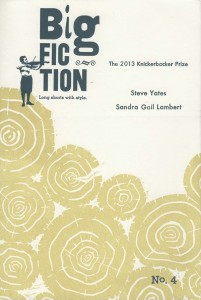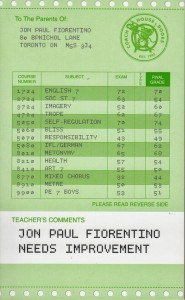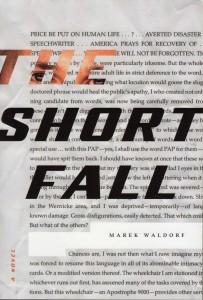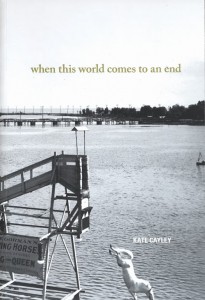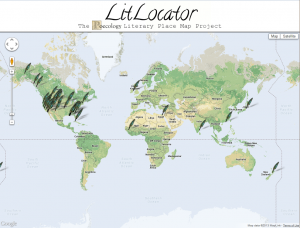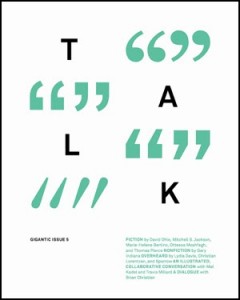Like lit mag review editor Kirsten McIlvenna, I’m going to join in the fun and start selecting some of the best covers of all the books that come in for review at NewPages. Since only a small portion of the books we receive end up getting reviewed, it’s also an opportunity to give some books from independent presses a little more love. Just keep in mind, of course, that I’m completely judging books by their covers here…it’s up to you to read the content and decide its quality.
Here are some of my recent favorites, with short descriptions (from the book cover or publisher’s site) of each title:
Needs Improvement, poetry by Jon Paul Fiorentino, Coach House Books
Whether misreading sixth-grade pedagogical materials or offering visual schematics for reading Michel Foucault and Judith Butler, Jon Paul Fiorentino’s sixth poetry collection asks us to reconsider our engagement with received information — but does so with a wink during detention.
The Short Fall, fiction by Marek Waldorf, Turtle Point Press
Shot during a botched assassination, a speechwriter starts recovering his powers of speech, along with memories of the campaign he served. But the more he remembers, the more he suspects that he—and not the candidate he helped make president—was the intended target. Set at the dawn of the internet era, The Short Fall is personal tragedy ventriloquized as political farce.
When This World Comes to an End, poetry by Kate Cayley, Brick Books
from “The Later Auden”:
In the evening, wine, then vodka. Auden, grievously mathematical,
lays his head down at the end of each apportioned day. The guests
must be gone by nine thirty. Timetabled, ticking off
the flyblown minutes, he gets hungry
only when the clock strikes the appropriate hour, lonely
only between nightfall and morning.
Check out these new titles, and see more books that have come in for review on our Book Stand page. And as always, look for in-depth book reviews on the first of each month.

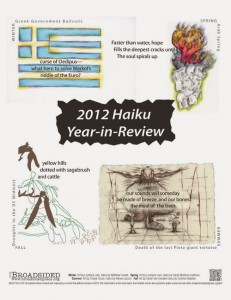

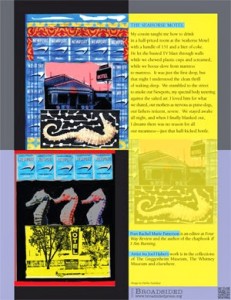
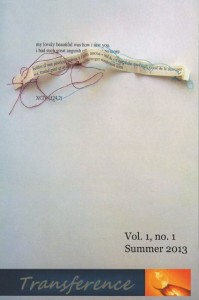
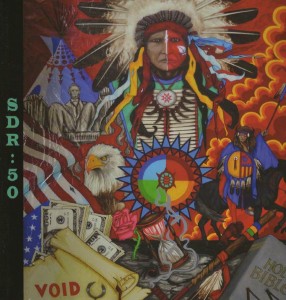
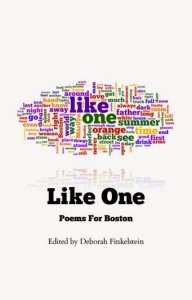
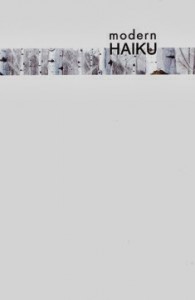
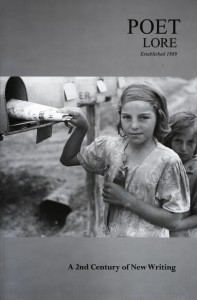
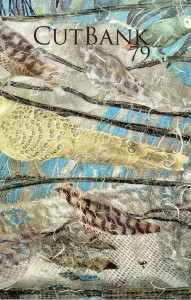
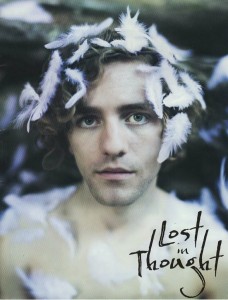
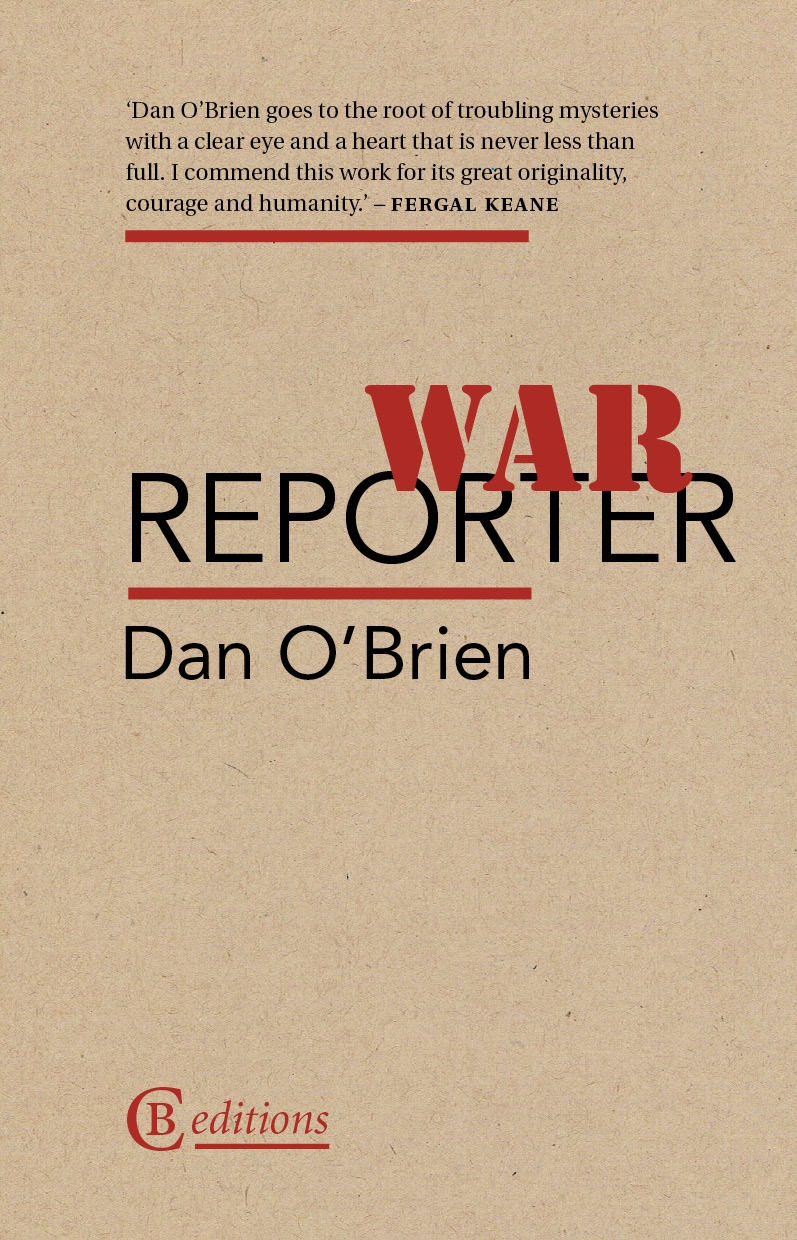 War Reporter tells a compelling story of war, conflict, and torment of the human spirit through a collection of poems based upon Dan O’Brien’s research, email exchanges, and interviews with photojournalist Paul Watson. Often the poems’ narrator is “The War Reporter Paul Watson on […]”. One of the most brilliant devices used in these poems is the heavy use of imagery. This comes as no surprise as these poems are being told from a photojournalist’s perspective. Very few poems from Watson’s narration read as his thoughts on a particular subject as much as they read like a series of snapshots through his photojournalistic lens to show his story. An example of this comes from “The War Reporter Paul Watson Considers the Peacekeepers”:
War Reporter tells a compelling story of war, conflict, and torment of the human spirit through a collection of poems based upon Dan O’Brien’s research, email exchanges, and interviews with photojournalist Paul Watson. Often the poems’ narrator is “The War Reporter Paul Watson on […]”. One of the most brilliant devices used in these poems is the heavy use of imagery. This comes as no surprise as these poems are being told from a photojournalist’s perspective. Very few poems from Watson’s narration read as his thoughts on a particular subject as much as they read like a series of snapshots through his photojournalistic lens to show his story. An example of this comes from “The War Reporter Paul Watson Considers the Peacekeepers”: 